Racism and Gatekeeping in the Outdoors
Photo by Sofia Jaramillo for Patagonia
When I began interacting with nature and outdoor sports in my early 20s, I assimilated hard. I weighed my words carefully, my tone and volume. I learned all of the right music, sourced all of the appropriate gear, and learned about trails and guidebooks. I even received certifications from one of the pillars of white outdoor culture: NOLS. Here I spent endless days walking through the mountains, learning that the only way to have formative experiences and find value in our time outdoors was through hardship and trauma.
Backpacking with NOLS in Patagonia, Chile (2016).
I perfected all of these skills and unspoken rules. My goal was to belong without question. I was raised with the simple truth that everyone belonged in nature; if I had to jump through the hoops of white culture to prove that to them, so be it. This worked for a while. I was slowly accepted into the white outdoors community, no one ever talking about the color of my skin or my Colombian cultural relationships to the outdoors.
I was accepted because of my ability to code-switch: to shift from Colombian culture to white American culture. I left pieces of myself behind in order to belong, and this was rewarded with access and knowledge to the outdoors. It didn’t take me long to realize that this access came at a steep price - I was not only expected to leave my culture behind, but actively keep my people out of these spaces. I began to see how white folks were turning us against each other in order to preserve a culture of white supremacy within the outdoors.
When gatekeepers open a door for you, they expect you to shut it for someone else. It’s like a rite of passage; the oppressed becomes the oppressor. The outdoors, like any other social system we’ve built, runs on ideas of scarcity. Internalizing the narrative that there is not enough for everyone inherently makes us compete against one another.
“When gatekeepers open a door for you, they expect you to shut it for someone else. It’s like a rite of passage; the oppressed becomes the oppressor. ”
What is our relationship to whiteness?
Backpacking with NOLS in Patagonia, Chile (2016).
We all have it, yet we’re all afraid to talk about it. It’s time for us to talk about our relationship to whiteness. Some of us grew up in white neighborhoods, come from mixed-race families, or were placed in white schools. All of us grew up within the institution of whiteness, and in the outdoors, this is mainstream culture.
The problem here isn’t that fact that we grew up in a white supremacist world, or even our intimate relationships with whiteness. The problem is that we are afraid to talk about them, and we weaponize them against one another. All of us are capable of upholding and enforcing white supremacy because we were socialized to protect it.
Do you use whiteness to police others?
This is when BIPOC folks actively dissuade other BIPOC folks from taking up space and existing in outdoor spaces. Policing can look like criticizing others for wearing the wrong gear, talking behind each others’ backs, judging others for their cultural expressions, shaming them for their lack of experience or knowledge of technical outdoors skills. These methods of policing are the same that we expect from white folks in the outdoors, but it cuts much deeper when it comes from your own community. The saddest part is that these folks don’t realize they are playing into the hand of white supremacy. They are performing lateral oppression: harming one another because of the harm that has been placed on People of Color for generations.
We all grew up under white supremacy, and we were all trained to police or punish those who deviate and disrupt it. We are rewarded when we police or punish other people of color. The cognitive dissonance sets in when BIPOC folks realize that we have been protecting a system that has been harming us all our lives.
Decolonization starts from within. We need to hold more space for ourselves and each other. We can’t keep essentializing others and destroying our communities from the inside out. That’s what they do to us. The work of liberation is not doing to each other what they have done to us. That’s just white supremacy with a different face.
Who do you take outdoors with you?
If you are a BIPOC outdoorsy person, odds are that you were introduced to the outdoors by a white friend or partner. This isn’t true for everyone but it is true for many of us. And it has to do with who has historically had access to the outdoors for recreation vs labor. Maybe you fell into the role of token Person of Color. Maybe you fought hard for that role. Either way; it’s where many of us still find ourselves. Ironically, it’s a position that comes with a lot of access and privilege.. And what we do with that matters. Are we choosing to get outside exclusively with white partners and friends? When was the last time we invited BIPOC friends or family outside?
If you are not helping folks of color gain access to the outdoors you are perpetuating the gatekeeping and tokenization of the culture. It can be as simple as inviting your family for a walk, or showing them photos of your last hike. You can teach someone a skill such as packing a backpack or layering clothes for a winter activity. People of color holding knowledge and acting as the instigators to getting other folks outdoors breaks the paradigm. We no longer have to follow their rules or fit into their boxes. We can be the people we wished had been there when we were young.
Do you hold environmental privilege?
Backpacking with NOLS in Patagonia, Chile (2016).
I was accepted into white outdoors culture because I was not a threat to the system. My brown skin is more acceptable compared to darker shades. My female identity, small size, and peppy personality disarms most people. I became a token - a palatable brown woman who was allowed in. If I don’t disrupt the narratives that helped me get here, I am perpetuating the harm placed on my relatives.
When the gatekeepers opened the door for me, they expected me to shut it for someone else. The unspoken rules settled in quickly: I wasn’t allowed to bring anyone with me, I wasn’t even allowed to bring parts of myself with me. This feeling of finally being granted access can make us feel like we have to keep others out in order to maintain our position. In my opinion, this is the type of harm that hurts the most.
What’s truly radical is kicking the door wide open; using your privilege to lift others up. It’s important to remember that creating opportunities for others will not take them away from you. It will have the opposite effect. It’ll break down the door.


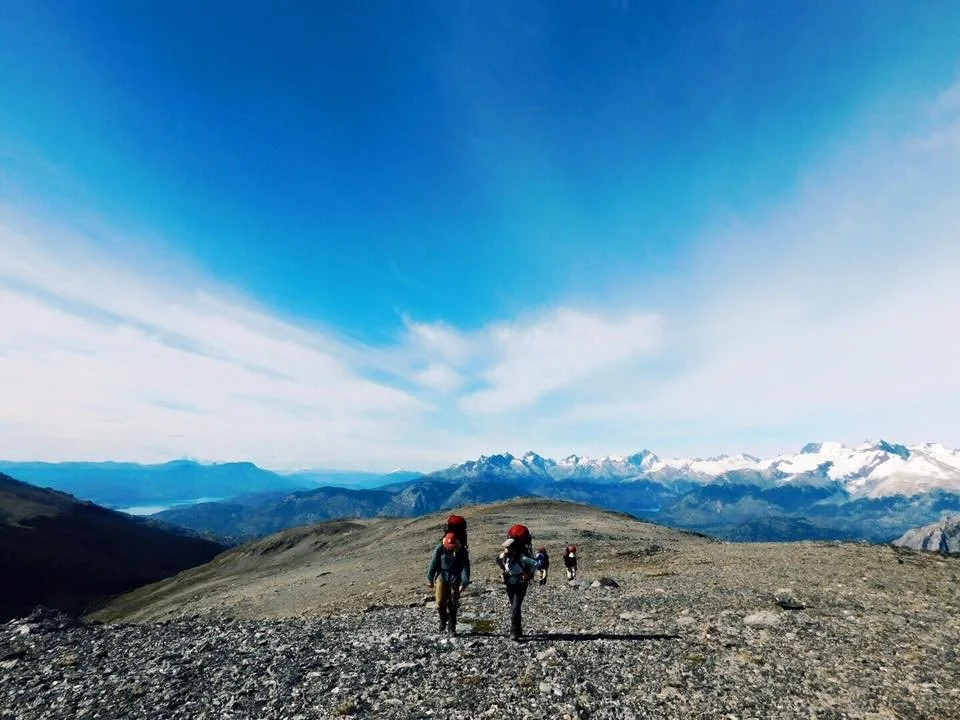
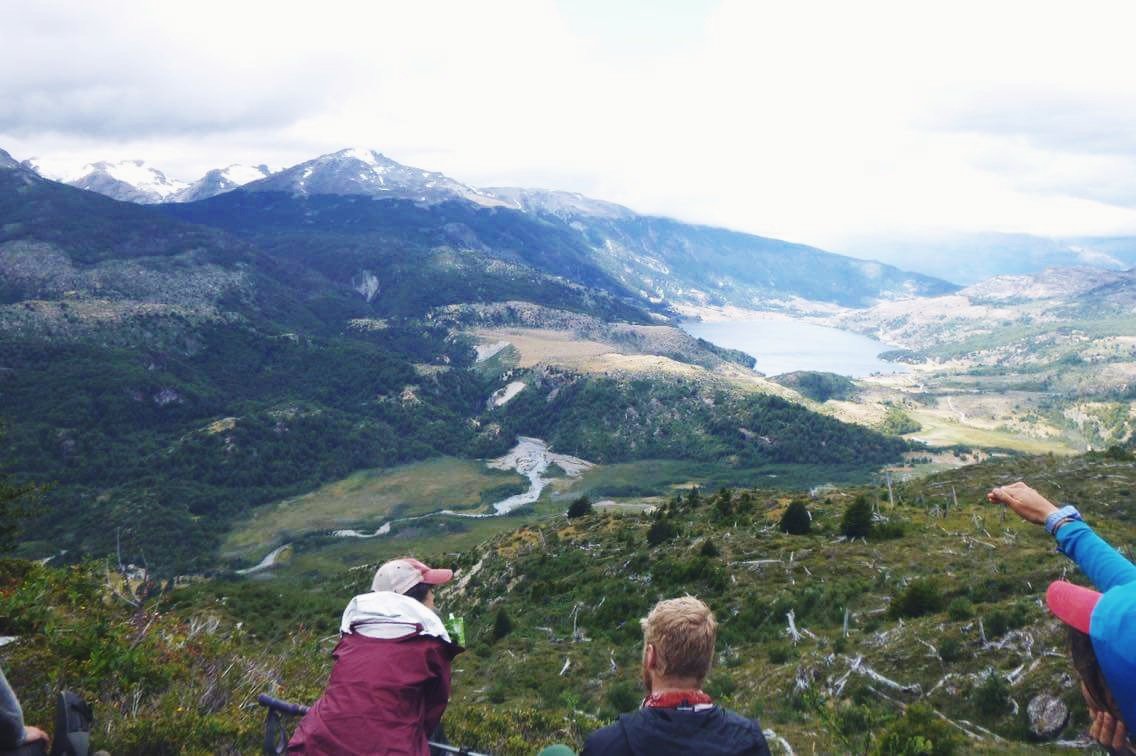


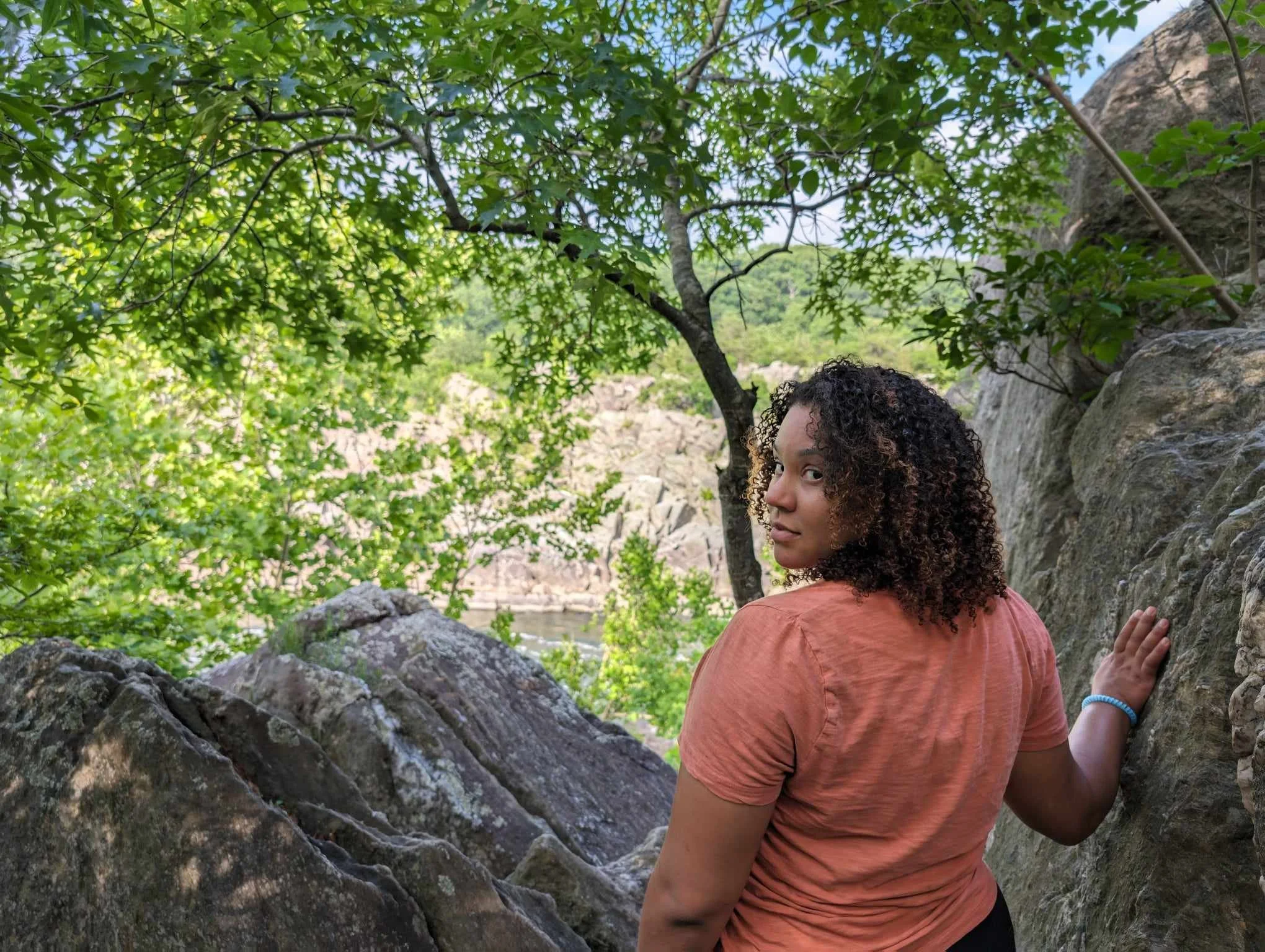

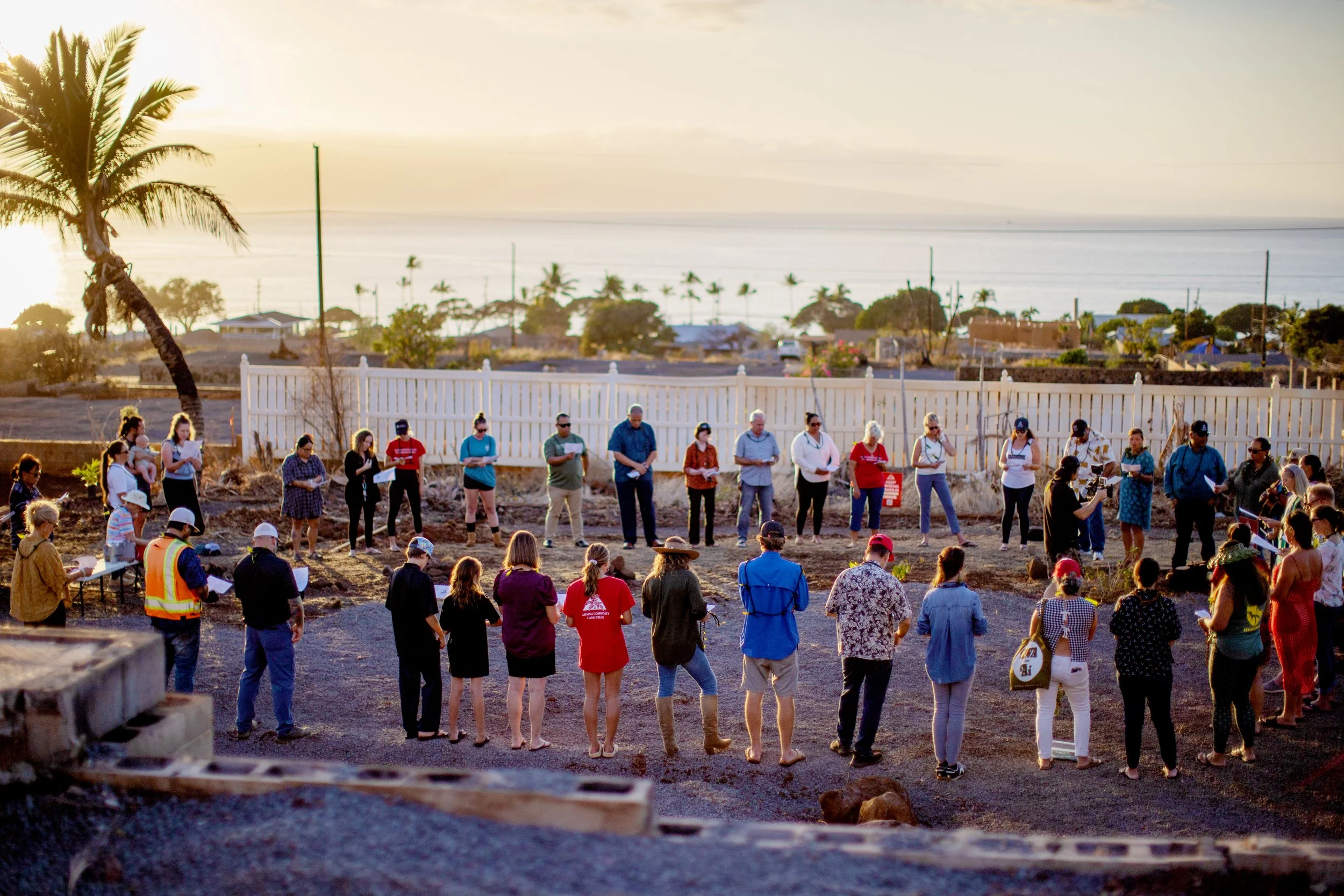


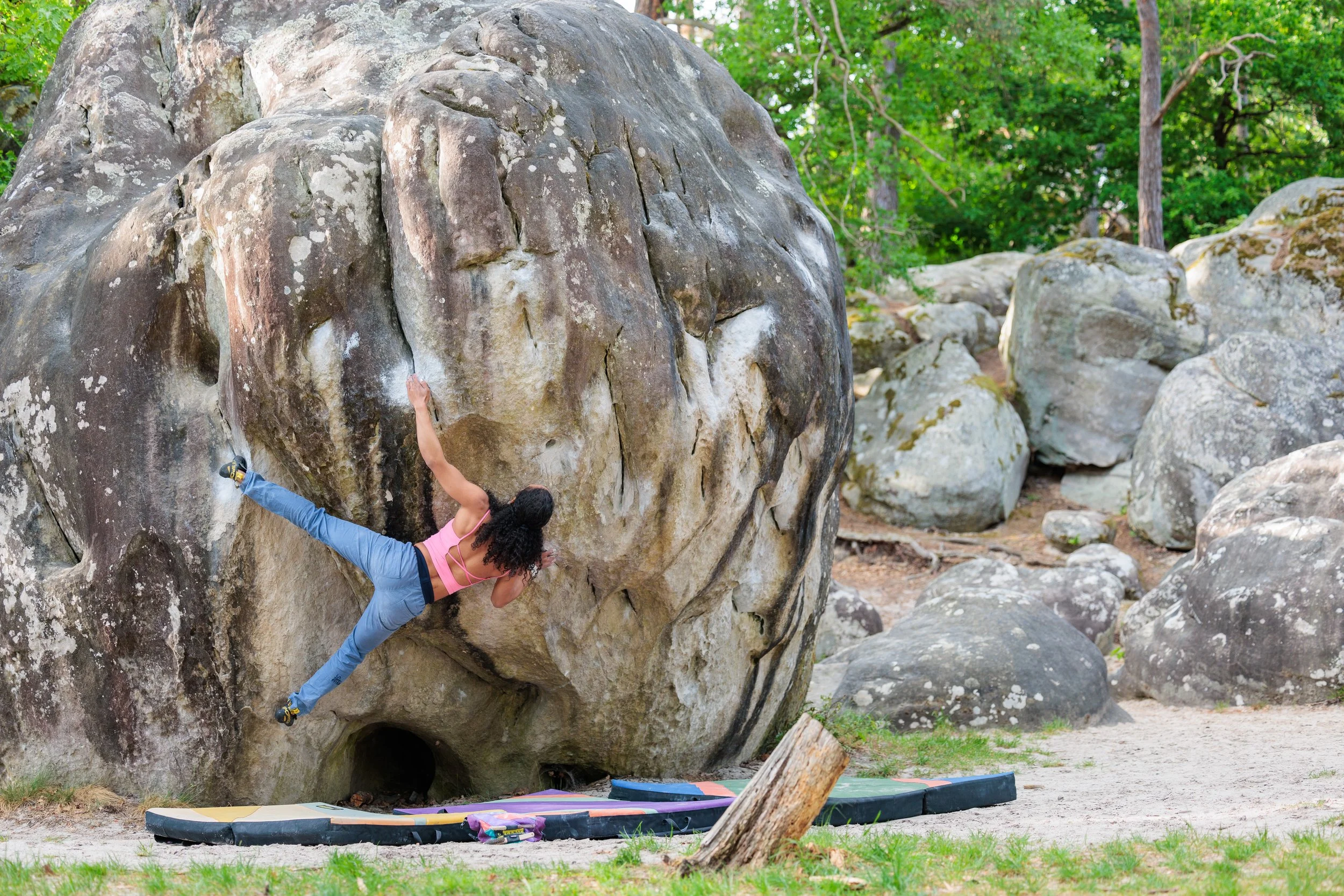


I also know that hunger disproportionately impacts Black Americans who make up nearly 30% of SNAP recipients. So why would I celebrate cuts to a program that is a lifeline for so many people?